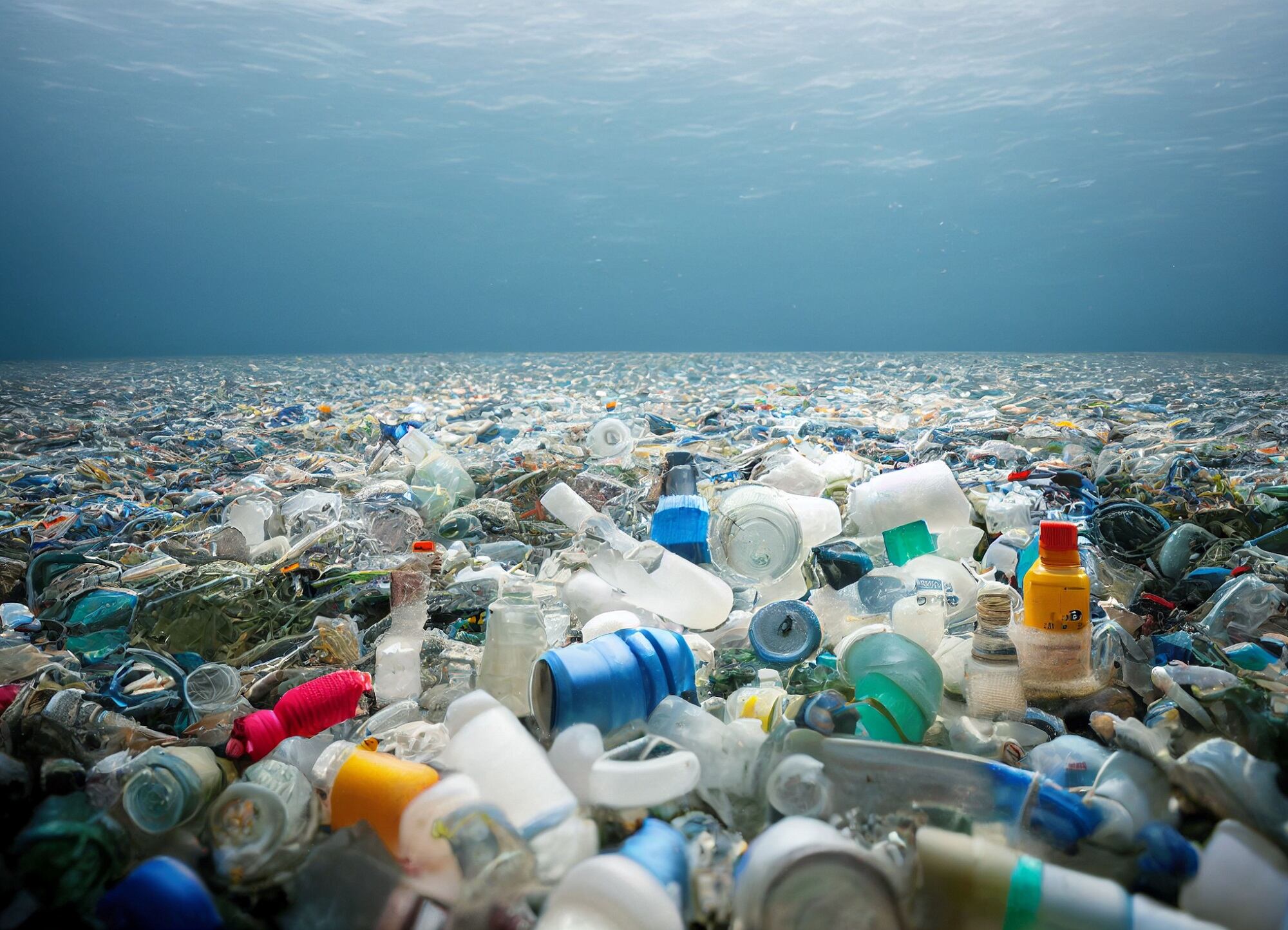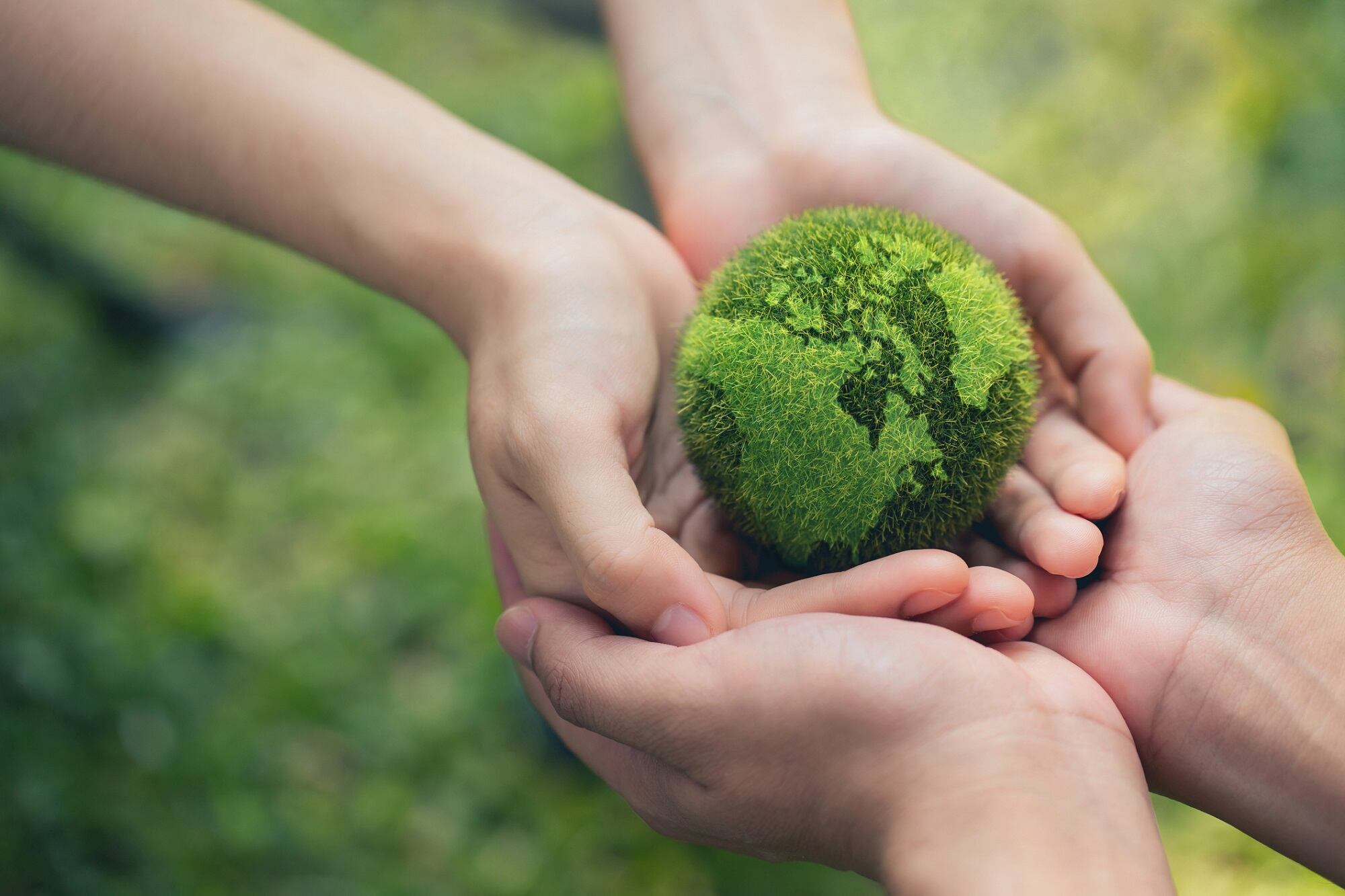In the wake of mounting global environment concerns and the collective need for action, the United Nations has taken a significant step forward in working to combat plastic pollution and its impact. The UN Plastics Pollution Treaty, a landmark agreement currently being negotiated by nations worldwide, represents a crucial moment in international cooperation to address the widespread issue of plastic waste.
With its potential to influence policies, practices, and attitudes towards plastic usage worldwide, the Treaty has sparked widespread interest, particularly within the cosmetics and personal care product industries, and has raised questions regarding its scope and future implementation.
The Personal Care Products Council (PCPC) Annual Meeting included a Breakout Session covering the treaty, and CosmeticsDesign interviewed Francine Lamoriello and Melissa Kopolow for their insights into the intricacies of the UN Plastics Pollution Treaty, including its significance, objectives, and future implications for the global beauty industry.
CDU: Can you share some brief background regarding your professional experience, your organization, and your relationship with the cosmetics and personal care industries?
Francine Lamoriello (FL): Prior to joining PCPC, I served as senior international and business strategy advisor at Baker, Donelson, PC, counseling clients on international business strategy and regulatory affairs, and international trade policy. I also served as director of International Trade and Investment Services for seven years at KPMG Peat Marwick, leading international strategy and marketing studies for a wide variety of U.S. companies.
I started my career at the U.S. Department of Commerce as director of the European Community Single Market Program, specializing in U.S.-EU trade policy affecting technology companies.
Melissa Kopolow (MK): I started my career with the U.S. government where I spent nearly 15 years working in sustainability, long before it was a topic that moved to boardrooms. Most of that time was spent engaged in multilateral affairs, with the last five years specifically working in, around and with the United Nations. I left the U.S. Department of State in early 2018 for an opportunity to help Anheuser Busch-InBev align its work to the U.N. Sustainable Development Goals, developing partnerships with the UN, other CPGs, associations, and NGOs in order to advance programs for the betterment of people and the planet.
I was very lucky to have worked for Carlos Brito, a CEO who understood that if AB-InBev did not align its work, the company would not last. I have now been with the Albright Stonebridge Group (ASG) for nearly three years. ASG is a global commercial diplomacy and advisory firm. I lead the sustainability practice and, in this role, have enjoyed working with the cosmetics and personal care industry from a variety of perspectives.
CDU: What are the key takeaways regarding the UN Plastics Pollution treaty that US cosmetics and personal care product manufacturers and suppliers should know?
FL: The UN Plastics Pollution treaty is very likely to become a reality, which will impact many aspects of our members companies’ businesses. There is considerable global political will behind a treaty to reduce plastic pollution and promote economic circularity.
It is important to note that it will be a legally binding treaty. The key outstanding questions relate to scope (will it go beyond the original intent to address marine pollution or will it look at environmental sustainability more broadly, including, for example, chemical management, EPR schemes, etc.).
Another important question is whether the Treaty will outline broad goals for signing countries to incorporate into their own economic national plans or whether the Treaty will impose a global requirement that they must adhere to.
MK: I think the biggest takeaway for personal care product manufacturers and suppliers is that this is not a theoretical exercise. This treaty will impact business in a variety of ways as moving from a linear to a circular economy requires a reevaluation of the way we do business.
Fundamentally, ending plastic pollution requires decreasing the total amount of plastic that exists and can become pollution in the first place. As a result, we can expect governments to not only put in place regulations to eliminate problematic or unnecessary plastic packaging or products but also to promote product redesign for enhanced sustainability and innovation of business models to move from single use to reusable plastic products.
CDU: What are the main goals of the treaty?
MK: The true goal of the treaty is systemic change to stop the flow of plastic waste ending up in the environment. Additional goals include promoting better product design to reduce plastic use and improve recycling; establishing and operating EPR schemes to promote increased recyclability; increasing recycling rates; and enhancing the accountability of producers and importers for the safe and environmentally sound management of plastics and plastic products throughout their life cycle and across international supply chains.
CDU: As it seems likely that the treaty will be signed in 2025, is there anything that US cosmetics and personal care product manufacturers and suppliers should be doing to prepare should the treaty be signed by the US and presented to Congress?
FL: While we believe finalization of the Treaty will likely be delayed unless we see considerable progress over the next few months to narrow the scope, there is strong commitment to achieving a UN treaty to address plastic pollution. The best way to prepare is to be armed with knowledge about what is being discussed, what positions are being taken and to engage in the process, both as companies and as PCPC members.
PCPC is working with our member companies and our cosmetics association colleagues worldwide to develop common objectives and represent our industry with “one global voice.”
MK: It is imperative to pay attention now before the Treaty is finalized. Manufacturers and suppliers must engage with PCPC to make sure that negotiators understand the nuances of the personal care products industry. They should not assume that negotiators understand these nuances.
CDU: If the treaty is not signed by the US, or is not sent to Congress to be made into federal law, what should industry companies consider regarding the treaty being adopted and enforced at the state level?
FL: If the Treaty is not ultimately sent to be ratified by the U.S. Congress, the results of the negotiation will still impact PCPC member companies. We believe states will be following the UN Plastic Pollution treaty closely, like the Paris Climate Accord, which prompted states and even cities to make commitments to adhere to the agreement mandates and enact new state laws.
PCPC member companies are also doing business globally, sourcing ingredients from many countries and selling products to consumers around the world. These activities will be impacted by the Treaty’s outcomes and implementation in other countries regardless of the U.S. signing or adopting it as federal law.
MK: The U.S. has not signed on to a variety of UN treaties over the years, or it may have signed on to a treaty that was never adopted by the United States Congress. This does NOT mean, however, that these treaties did not impact U.S. businesses.
We are a global economy, and most companies have operations or exports to other countries that likely will sign on and adopt the Treaty. U.S. states regularly base state laws on UN initiatives and we can safely assume that will be the case with this Treaty.
CDU: Anything else to add?
FL: Our industry strongly supports a legally binding treaty that will address plastics pollution through improved waste management and recycling systems by promoting innovation and eco-design, and by reducing the production and use of virgin plastic where possible and beneficial to the environment. We believe that promoting a circular and sustainable economy is intrinsically related to solving this issue.
PCPC member companies are committed to the UN Sustainable Development Goals. Many companies have made robust pledges toward these goals while taking progressive action toward a circular economy and ending plastics pollution.
As a global industry committed to sustainable products and practices, PCPC member companies support the Treaty’s goals. Given the global nature of our business and supply chains, PCPC member companies will be impacted by the Treaty outcomes regardless of which countries sign.
MK: We all know that plastics, in the most general sense, are a problem that we need to address. But plastics have also made the world a better, more equitable place. It will be critical to develop a treaty with robust and credible input from industry to ensure the Treaty’s provisions are realistic, impactful and sustainable.





